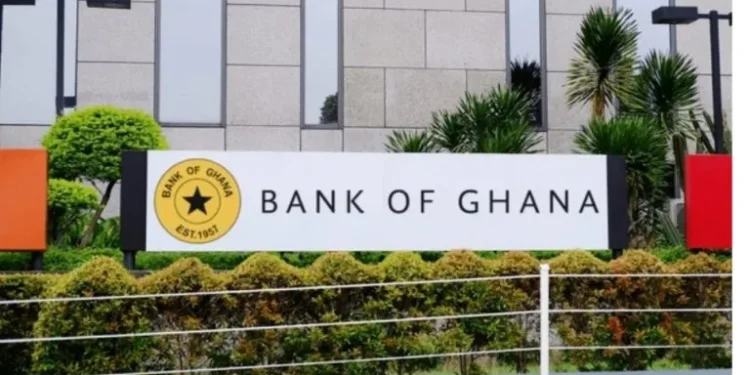BoG Moves to Curb Rising NPLs with New Regulatory Measures for Banks, SDIs and NBFIs
The Bank of Ghana (BoG) has issued an Exposure Draft proposing sweeping regulatory reforms to tackle the persistent challenge of non-performing loans (NPLs) within the banking and financial services sector.
The draft, aimed at soliciting industry and public input, outlines stringent new measures targeting banks, specialised deposit-taking institutions, and non-bank financial institutions (collectively referred to as Regulated Financial Institutions – RFIs). The proposed regulations are expected to enhance asset quality, preserve sector profitability, and safeguard financial system stability.
According to the central bank, the new policy follows a comprehensive review of its problem asset framework in light of increasing credit risk exposure that threatens the solvency and liquidity of RFIs.
As part of the proposed directives, RFIs will be required to:
Maintain a robust credit risk management framework;
Comply strictly with the 10% prudential limit on NPLs;
Write off all fully provisioned and unrecoverable loans;
Restructure loans for qualifying distressed but viable borrowers;
Timely enforce collateral recovery on written-off loans.
In addition to existing provisions under the Banks and Specialised Deposit-Taking Institutions Act, 2016 (Act 930) and the Non-Bank Financial Institutions Act, 2008 (Act 774), the draft proposes the following remedial actions:
RFIs must submit lists of loan defaulters whose debts have been written off to both the BoG’s Financial Stability Department and all credit reference bureaus.
Defaulters not written off must also be reported to credit bureaus in line with applicable regulations.
RFIs are barred from granting fresh credit to listed defaulters deemed to be Wilful Defaulters unless the default was due to verified natural disaster or disability.
Furthermore, RFIs shall publicly disclose Wilful Defaulters by publishing their identities in at least two nationally circulated newspapers and on their websites.
Key sanctions outlined in the draft by the BoG include:
Wilful Defaulters shall be disqualified from accessing new credit facilities across the banking sector following BoG’s approval of the write-off.
Repeat Wilful Defaulters – listed on two or more occasions – will face a five-year credit ban or a longer prohibition where applicable.
Company directors found complicit in financial misrepresentation or fraud will be disqualified from credit access for the same duration as their defaulting entities.
The BoG per the Exposure Draft, is soliciting for written comments from industry stakeholders and the public, as part of its commitment to collaborative regulatory development and enhanced credit governance.








